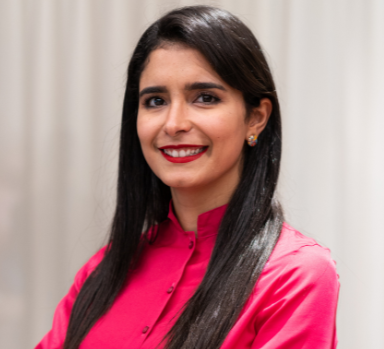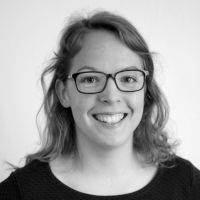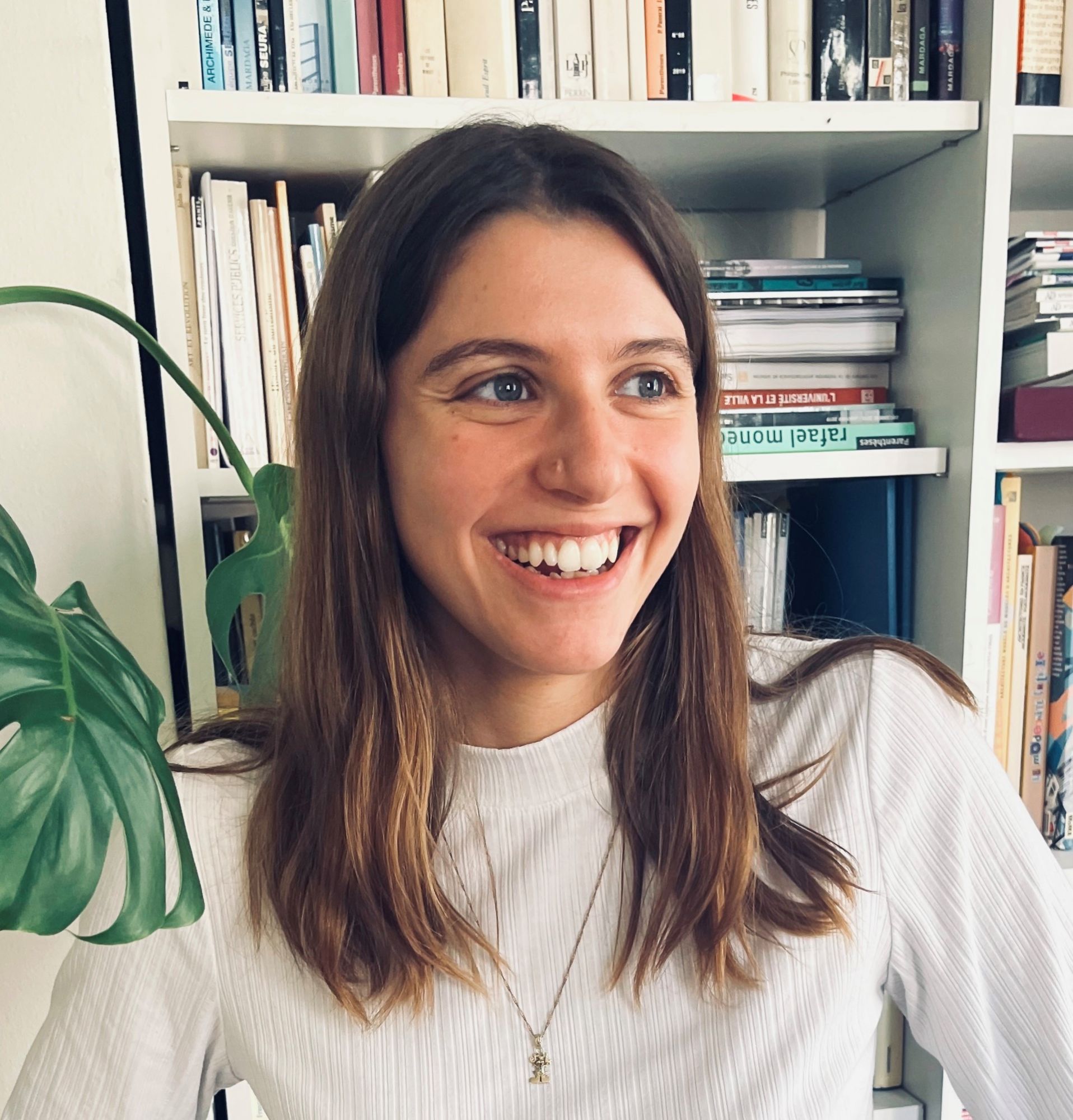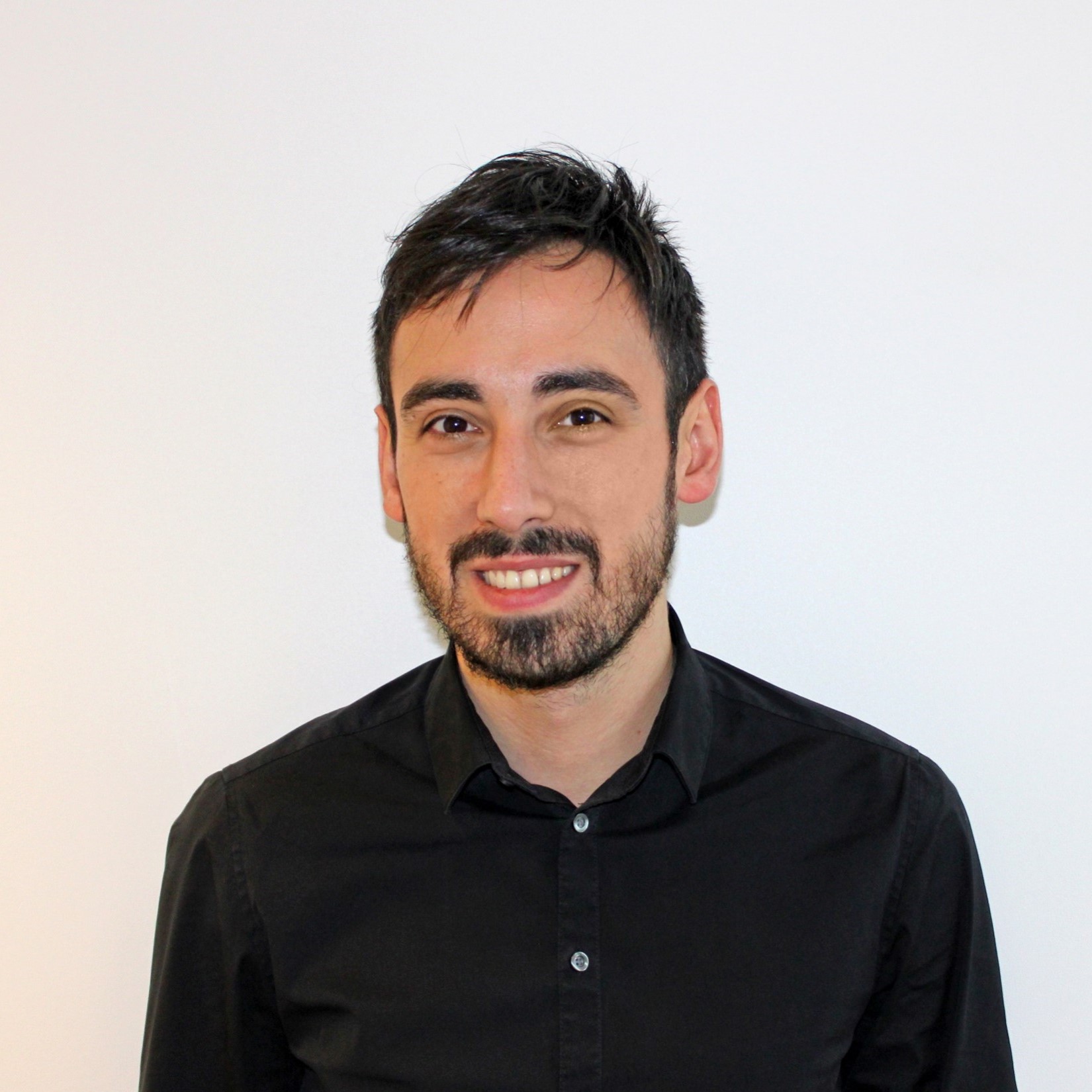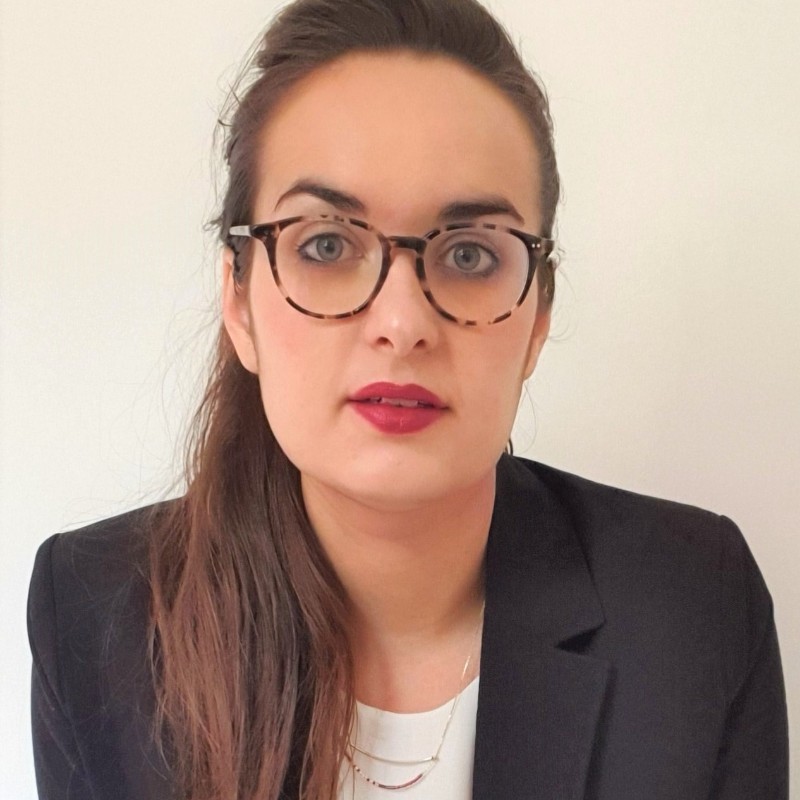- Home
- EN
- Our impact
- ProspeKtive
ProspeKtive
Designing the buildings of tomorrow around innovative uses and new interactions means using academic research. Because we believe in the strength of the collective and in the openness of ideas, we share here, with you, the research conducted by our experts.
Reuse and architecture: building a project using available resources
With 460 million tonnes of mineral materials per year (ADEME, 2019), the building and public works sector is the leading waste creator in France. The recent Anti-Waste and Circular Economy Act of February 10, 2020, known as the "Agec Act", requires project owners, from January 2023, to draw up a "products, equipment, materials, waste" (PEMD) diagnosis, as well as to make use of reuse and reemployment in demolition and rehabilitation projects. In this context, architectural practices are likely to be reshaped to integrate resources already present in the project process.
The key to temporal well-being in the face of urban saturation?
In a context where material needs are generally satisfied, the desire for immaterial goods is increasing (Inglehart 2000). This includes free time, which can be managed autonomously, as the current debate on the four-day week underlines.
Soil, a resource for living, to be considered as a common good
Since 1981, the average increase in artificial land has been around 60,000 hectares per year[1]. Artificialized land in France has thus increased from 3 million hectares to 5.1 million in forty years, an increase of 70%. Faced with this transformation of the landscape, a number of agronomists are taking an interest in the different forms of land use, and introducing a new field of research: the phenomenon of artificialisation.
New spaces for a specific category of workers?
"The teleworker will be on average 2 to 3 days a week away from the office, while considering that these days will be relatively flexible from week to week."
Designing a fair city
Over the last few decades, new issues have come to define contemporary territories. Among these issues, environmental concerns occupy a prominent place, largely legitimized by scientific research. However, territorial sustainability is not limited to ecological issues alone, but also (and concomitantly) integrates profound social concerns. It is in this context that the notions of spatial justice and the just city must be understood.

